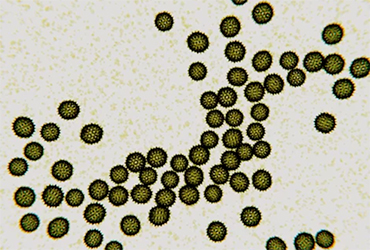Treating patients with chronic hepatitis C virus (HCV) with direct-acting antivirals (DAAs) is associated with improved liver and non-liver outcomes, as well as overall survival rates, according to data from a large retrospective cohort study.
The study included data from 245,596 patients with HCV from 2010 through 2021, drawn from a database of about 60 million people with private insurance in the United States (JAMA Intern Med 2023;183[2]:97-105). Of these, 40,654 individuals had received at least one prescription for DAA medication; 204,942 were untreated.

When comparing DAA-treated patients with those who were untreated, researchers found the risk for adverse liver-related outcomes, such as liver decompensation—which included ascites, hepatic encephalopathy, gastrointestinal bleeding and/or liver cancer—were much lower in the treatment cohort (64% and 30%, respectively).
The researchers also observed a 26% lower risk for diabetes and 10% lower risk for cardiovascular disease and non-liver cancer among the population treated with DAAs compared with those who were untreated. Ultimately, mortality was 50% lower for treated patients compared with those who did not receive treatment.
While HCV and its complications have long been tied to higher rates of morbidity and mortality, large-scale analysis of the effects of DAA treatment has been limited.
“I believe the benefit of treatment is very clear for both liver and non-liver complications as well as overall mortality,” Mindie H. Nguyen, MD, a professor of medicine at Stanford Medicine, in California, told Infectious Disease Special Edition.
Dr. Nguyen noted, however, that according to findings of a study conducted by her and colleagues, despite the clear benefits of DAAs, only about 65% of Americans who have private insurance received the treatment. Additionally, both diagnosis and treatment rates have decreased substantially in more recent years, especially since the COVID-19 pandemic (JAMA Netw Open 2022;5[12]:e2245424).
“DAAs have been available since 2015, and are a safe and effective treatment that can cure HCV in more than 95% of treated patients,” she said. “Therefore, renewed efforts in HCV diagnosis and treatment are needed.”
Dr. Nguyen reported no relevant financial disclosures.
—Ethan Covey
Originally published by our sister publication Infectious Disease Special Edition
